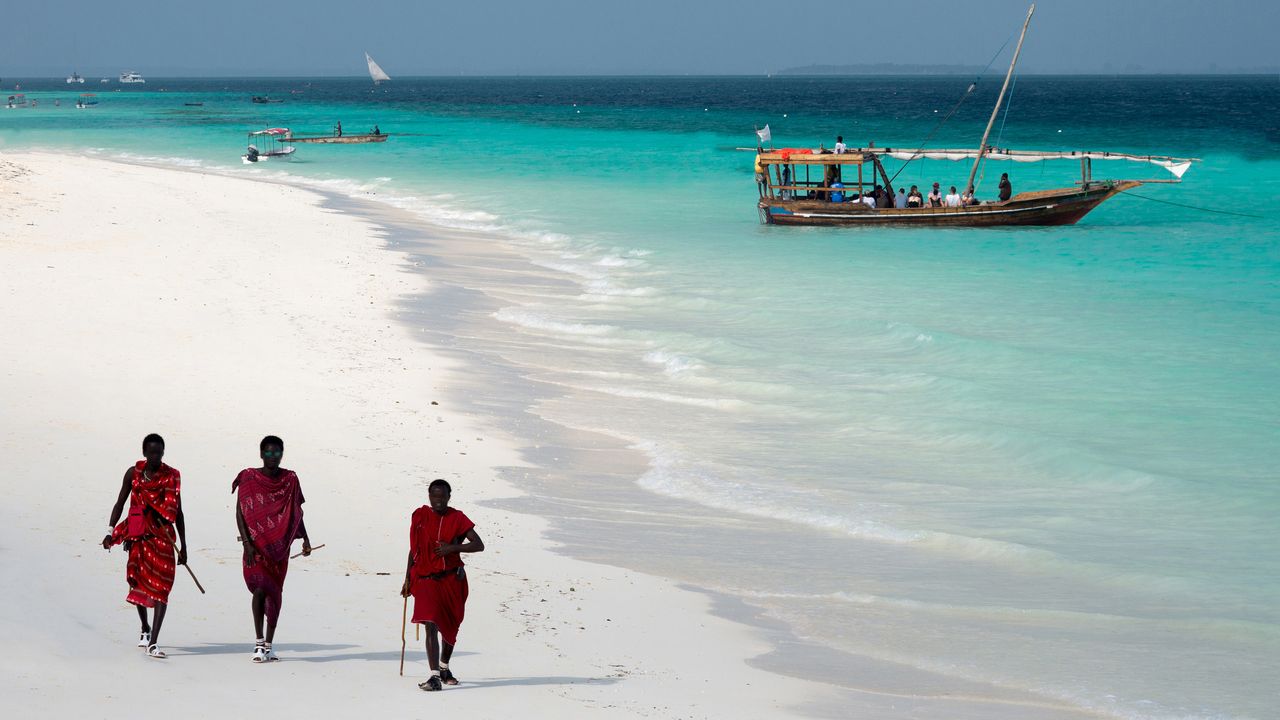Historical Sites in Africa: Exploring the Richness of the Continent’s Past
Africa is a continent with a rich and diverse history. From ancient civilizations to colonial rule, the historical significance of Africa cannot be overstated. Exploring the historical sites in Africa allows us to delve into the historical context of the continent and uncover fascinating historical discoveries. In this article, we will take a closer look at some of the most notable historical sites in Africa.
The Great Pyramids of Giza, Egypt
When discussing historical sites in Africa, it is impossible to ignore the Great Pyramids of Giza in Egypt. These ancient structures, built as tombs for the pharaohs, are a testament to the incredible architectural and engineering skills of the ancient Egyptians. The pyramids hold immense historical significance, providing insights into the beliefs, culture, and society of this ancient civilization.
The Rock-Hewn Churches of Lalibela, Ethiopia
Another remarkable historical site in Africa is the Rock-Hewn Churches of Lalibela in Ethiopia. Carved out of solid rock in the 12th century, these churches are not only a marvel of engineering but also hold great religious and historical importance. The churches are still actively used for worship today, making them a living testament to Ethiopia’s Christian heritage.
The Great Zimbabwe Ruins, Zimbabwe
The Great Zimbabwe Ruins in Zimbabwe are a UNESCO World Heritage Site and a significant archaeological site in southern Africa. These ruins, dating back to the 11th century, provide valuable insights into the ancient civilization that once thrived in the region. The intricate stone walls and structures found at Great Zimbabwe are a testament to the advanced architectural and engineering skills of the time.
The Island of Goree, Senegal
The Island of Goree, located off the coast of Senegal, played a crucial role in the transatlantic slave trade. It served as a major hub for the transportation of enslaved Africans to the Americas. Today, the island is home to several museums and memorials that commemorate this dark period in history. Visiting Goree Island offers a somber reminder of the historical context and human impact of the transatlantic slave trade.
The Valley of the Kings, Egypt
The Valley of the Kings in Egypt is another historical site of immense significance. This ancient burial ground is where many pharaohs, including Tutankhamun and Ramses II, were laid to rest. The elaborate tombs and intricate wall paintings found in the valley provide valuable insights into the religious beliefs and funerary practices of ancient Egypt.
The Great Mosque of Djenné, Mali
The Great Mosque of Djenné in Mali is not only a place of worship but also a symbol of the rich historical and cultural heritage of the region. Built in the 13th century, this architectural masterpiece is the largest mud-brick building in the world. The mosque is a testament to the architectural skills of the Malian people and serves as a reminder of the historical significance of Islam in West Africa.
Conclusion
Exploring historical sites in Africa allows us to connect with the continent’s rich past and gain a deeper understanding of its historical significance. From the pyramids of Egypt to the rock-hewn churches of Ethiopia, each site offers a unique glimpse into the historical context and historical discoveries of Africa. Whether you are a history enthusiast or simply curious about the world, these historical sites in Africa are definitely worth a visit.
